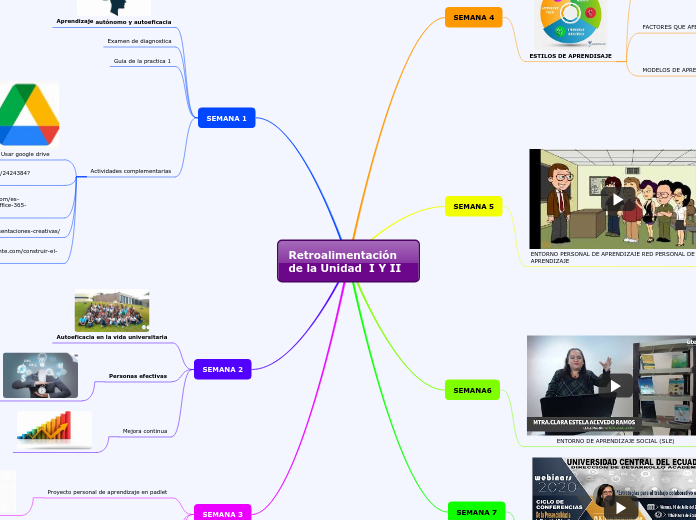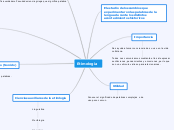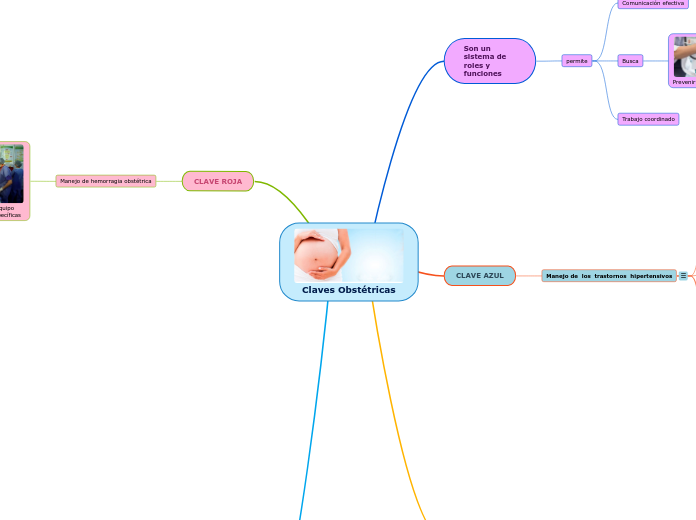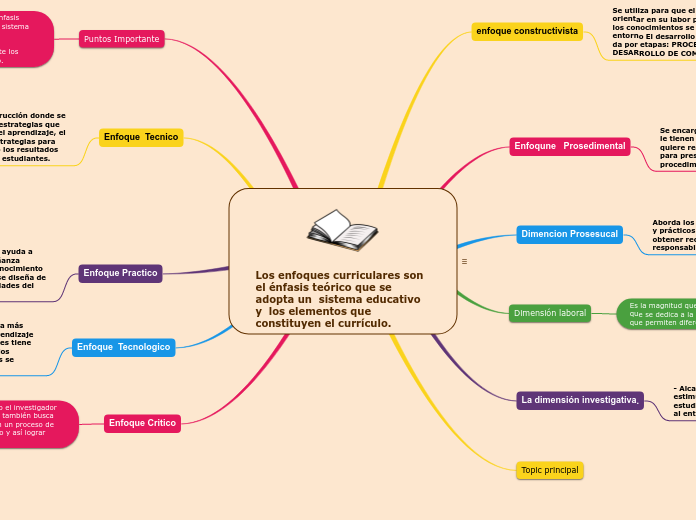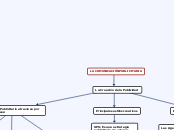Retroalimentación de la Unidad I Y II
A noun is a word that functions as the name of some specific thing or set of things, such as living creatures, objects, places, actions, qualities, states of existence, or ideas.
SEMANA 3
Generic nouns are nouns that are part of a generic statement. Generic nouns can be singular or plural. The opposite of generic nouns is collective nouns.
The difference between definite/indefinite and generic nouns is that in the sentence there must be a blanket statement or question.
pasos para crear tu proyecto personal de aprendizaje en padlet
Proyecto personal de aprendizaje en padlet
SEMANA 2
Proper nouns are the names of specific people or places. They should always begin with a capital letter.
Mejora continua
Personas efectivas
Autoeficacia en la vida universitaria
SEMANA 1
Possessive nouns are nouns which possess something, normally another noun.
Actividades complementarias
● Mapas de los sueños http://hazlodiferente.com/construir-el-mapa-de-tus-suenos/
● Visme https://www.visme.co/es/presentaciones-creativas/
● Usar Office 365 https://support.office.com/es-es/article/usar-office-y-office-online-en-office-365-f6b2a51cf300-42bb-8f69-6396bb9e0623
https://support.google.com/drive/answer/2424384?co=GENIE.Platform%3DDesktop&hl=es
Usar google drive
Guia de la practica 1
Examen de diagnostica
Aprendizaje autónomo y autoeficacia
SEMANA 7
Countable nouns are nouns that can be counted, even if the number might be extraordinarily high.
Uncountable nouns are nouns that come in a state or quantity which is impossible to count; liquids are uncountable, as are things which act
like liquids.
ESTRATEGIAS DE TRABAJO COLABORATIVO EN REDES
responsabilidades individuales y compartidas
relaciones simétricas reciprocas
Manejo de habilidades de comunicacion
guía de materiales de practica
estrategias de trabajo
SEMANA6
Common nouns are words for people, places or things that aren’t specific (as opposed to a proper noun which refers to only one person, place or thing).
Common nouns can be countable or uncountable, singular or plural.
ENTORNO DE APRENDIZAJE SOCIAL (SLE)
Rdes sociales, compartir archivos, blogging y marcadores sociales
SLE Entorno social de aprendizaje
Mejorando capacidad de aprendizaje
PLE Entorno personal de aprendizaje
SEMANA 5
A noun which refers to a group of things/people.
ENTORNO PERSONAL DE APRENDIZAJE RED PERSONAL DE APRENDIZAJE
SEMANA 4
A noun which cannot be identified by using one of the five senses (taste, touch, sight, hearing, smell).
ESTILOS DE APRENDISAJE
MODELOS DE APRENDIZAJE
Modelo PLN
FACTORES QUE AFECTAN EL APRENDISAJE
Estilo de aprendizaje
Emociones
Ambiente
APRENDISAJE
proceso a través del cual se modifican y adquieren ,habilidades destrezas ,conocimientos conductas ,y valores como resultado del estudio ,la experiencia la instrucciones razonamiento, y la observación.
